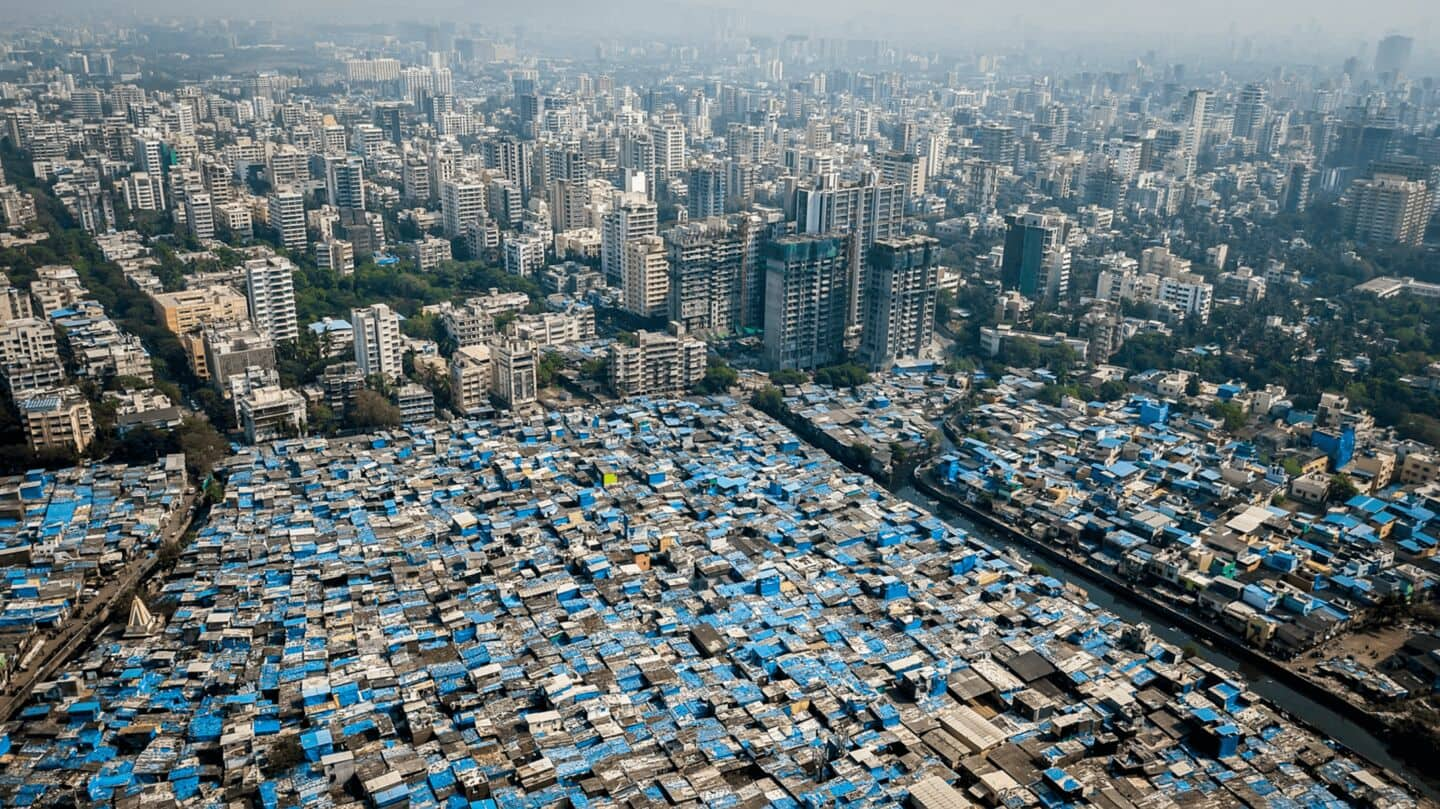
BMC activates emergency pollution plan as smog chokes Mumbai
What's the story
The Brihanmumbai Municipal Corporation (BMC) has launched an emergency anti-pollution drive as Mumbai's air quality worsens. The move comes after several monitoring stations recorded alarming Air Quality Index (AQI) levels, with Mazgaon hitting a staggering 306. Under the Graded Response Action Plan (GRAP Stage IV), the BMC is prepared to impose a complete halt on construction work and other polluting activities if conditions don't improve for three consecutive days.
Strategic measures
BMC outlines targeted approach to combat pollution
According to the Free Press Journal, civic chief Bhushan Gagrani has clarified that an immediate city-wide construction ban isn't the first step. He said officials will first focus on "positive interventions," such as water misting and deep cleaning of roads, along with punitive action against polluting bakeries and industrial units. For hotspots like Mazgaon Dock, a construction halt may be needed, similar to actions taken last year.
Enforcement measures
BMC deploys flying squads, issues notices for pollution control
The BMC has deployed flying squads across all wards to enforce new anti-pollution measures. A senior officer from the civic body's environment department was reported as saying that inspections began on Tuesday in severely affected areas. Notices have been served to polluting bakeries and industrial units under GRAP IV, with penalties for open burning in areas such as Deonar.
Future measures
Potential construction ban looms over Mumbai
The BMC has warned that if AQI levels remain high, a complete construction ban could be imposed in Mazgaon. If the city's overall AQI stays above 200, all construction activities will be halted in areas with poor air quality. This is similar to actions taken on December 30, 2024, when a blanket ban was imposed in Borivali East and Byculla due to poor air quality.
Weather impact
Mumbai's air quality worsens due to La Niña conditions
Mumbai's air quality has been deteriorating since early November, mainly due to La Niña conditions. This climate pattern slows down wind speeds, causing pollutants to remain suspended in the atmosphere for longer periods. "Once the temperature drops, the wind pattern slows, due to which SPM stays trapped in the atmosphere for a prolonged period of time," Mahesh Palawat, vice-president of meteorology at Skymet Weather Services, told Hindustan Times.